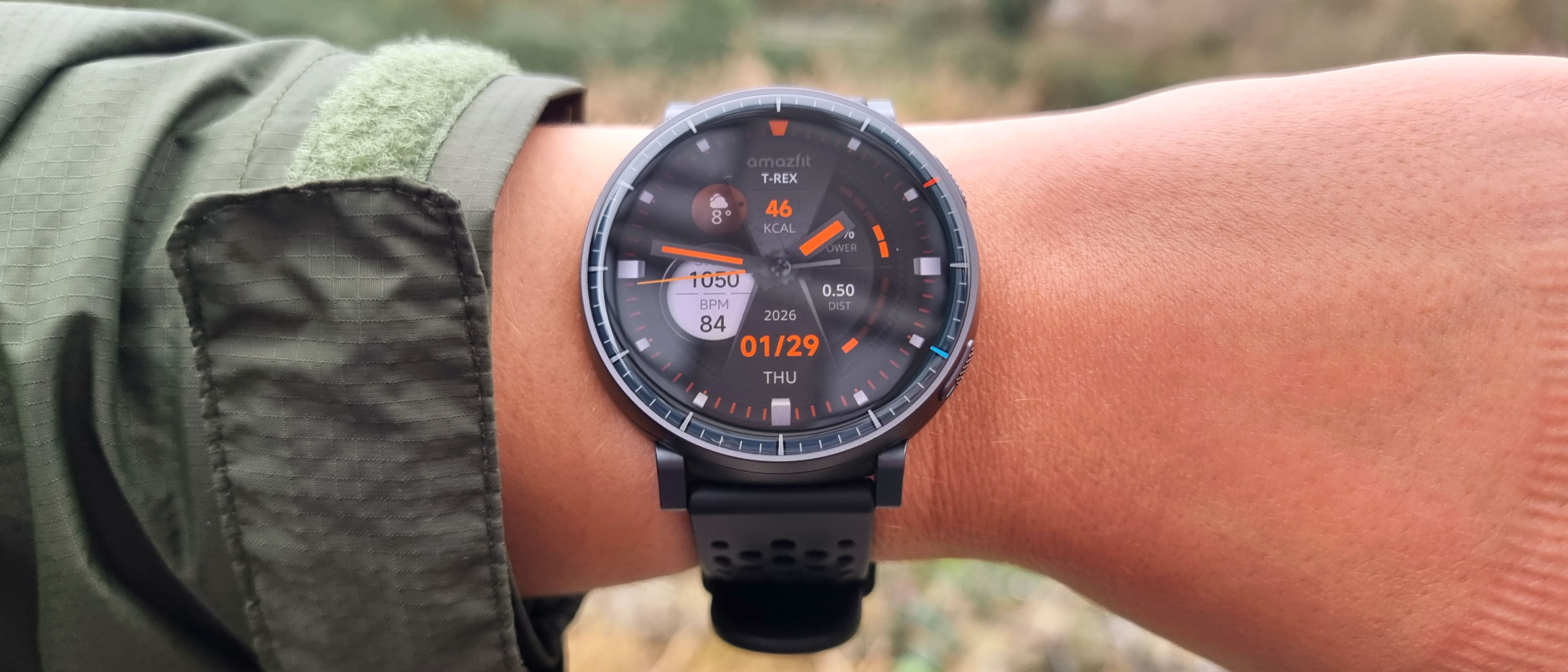HPV May Raise Women's Risk of Heart Disease

Get the world’s most fascinating discoveries delivered straight to your inbox.
You are now subscribed
Your newsletter sign-up was successful
Want to add more newsletters?

Delivered Daily
Daily Newsletter
Sign up for the latest discoveries, groundbreaking research and fascinating breakthroughs that impact you and the wider world direct to your inbox.

Once a week
Life's Little Mysteries
Feed your curiosity with an exclusive mystery every week, solved with science and delivered direct to your inbox before it's seen anywhere else.

Once a week
How It Works
Sign up to our free science & technology newsletter for your weekly fix of fascinating articles, quick quizzes, amazing images, and more

Delivered daily
Space.com Newsletter
Breaking space news, the latest updates on rocket launches, skywatching events and more!

Once a month
Watch This Space
Sign up to our monthly entertainment newsletter to keep up with all our coverage of the latest sci-fi and space movies, tv shows, games and books.

Once a week
Night Sky This Week
Discover this week's must-see night sky events, moon phases, and stunning astrophotos. Sign up for our skywatching newsletter and explore the universe with us!
Join the club
Get full access to premium articles, exclusive features and a growing list of member rewards.
Women who carry the human papillomavirus (HPV) have an increased risk of heart disease, a new study finds.
Women who tested positive for any of the 37 strains of the virus the researchers tested for were 2.3 times more likely to also have had either a heart attack or stroke than women who tested negative, the study found. And women who tested positive for either of the two strains associated with cervical cancer had 2.86 times the risk of heart attack or stroke, according to the study.
As such, the study suggests that "the HPV vaccine may also help prevent heart disease," said lead author Dr. Ken Fujise, director of cardiology at the University of Texas Medical Branch at Galveston.
Nearly 20 percent of people who develop heart disease do not have any known risk factors, such as smoking or high blood pressure, which indicates that other "nontraditional" causes may be involved. "HPV appears to be one such factor among women," Fujise said.
Still, women with HPV should not worry because "this is very first study to link HPV with [heart disease],” Fujise said. Longitudinal studies, which follow patients over time, are needed to confirm the link between HPV and heart disease. "However, our data suggests those patients should be followed more closely by their doctors — if [they] have chest pain, take it very seriously," he said.
The study will be published on Nov. 1 in the Journal of the American College of Cardiology.
HPV and heart disease
Get the world’s most fascinating discoveries delivered straight to your inbox.
The study included nearly 2,500 women between the ages of 20 and 59; the researchers gathered data from the National Health and Nutrition Examination Survey, conducted by the Centers for Disease Control and Prevention between 2003 and 2006.
Among the study participants, 44.6 percent tested positive for HPV, including 23.2 percent who had the cancer-causing strains of the virus. Other studies have found that the virus is found in between 20 percent and 45 percent of people in the general population, Fujise said.
Of the 60 women in the study who reported they'd had either a heart attack or stroke, 39 tested positive for any HPV strain, and 21 tested negative.
"I thought there would be a weak link between HPV and cardiovascular disease, but I didn't expect [the risk] to be 2.3 times as high," Fujise said.
The study showed that for every 55 women with HPV, one woman is likely to have a heart attack or stroke because of the virus, rather than because of other risk factors, Fujise said.
Every year, 510,000 U.S. women have heart attacks, according to the American Heart Association. If the study's findings hold up in larger studies, Fujise calculated that would mean that 4,321 of these women are having heart attacks due to HPV, rather than other risk factors; and 1,618 women die yearly from these HPV-related heart attacks.
How a virus might cause a heart attack
The researchers said the link might be due to the virus's ability to silence two genes known to play roles in the health of blood vessels. The two genes, called p53 and retinoblastoma protein, both work to suppress the growth of tumors. Atherosclerosis, which is the thickening of artery walls, is also regulated by p53, while the retinoblastoma gene regulates the growth of smooth muscle cells that line blood vessels, and so could impact blood flow.
"We didn't study males, but men can be infected with HPV. Our next hypothesis is that maybe male HPV vaccinations would protect men from heart attacks and stroke," Fujise said.
If researchers find the exact mechanism by which HPV causes heart attacks and stroke, they could look for a drug that could treat people infected with the virus to lower their risk, he said.
Pass it on: Women with HPV may have a higher risk of heart disease.
This story was provided by MyHealthNewsDaily, a sister site to Live Science. Follow MyHealthNewsDaily on Twitter @MyHealth_MHND. Find us on Facebook.

 Live Science Plus
Live Science Plus





